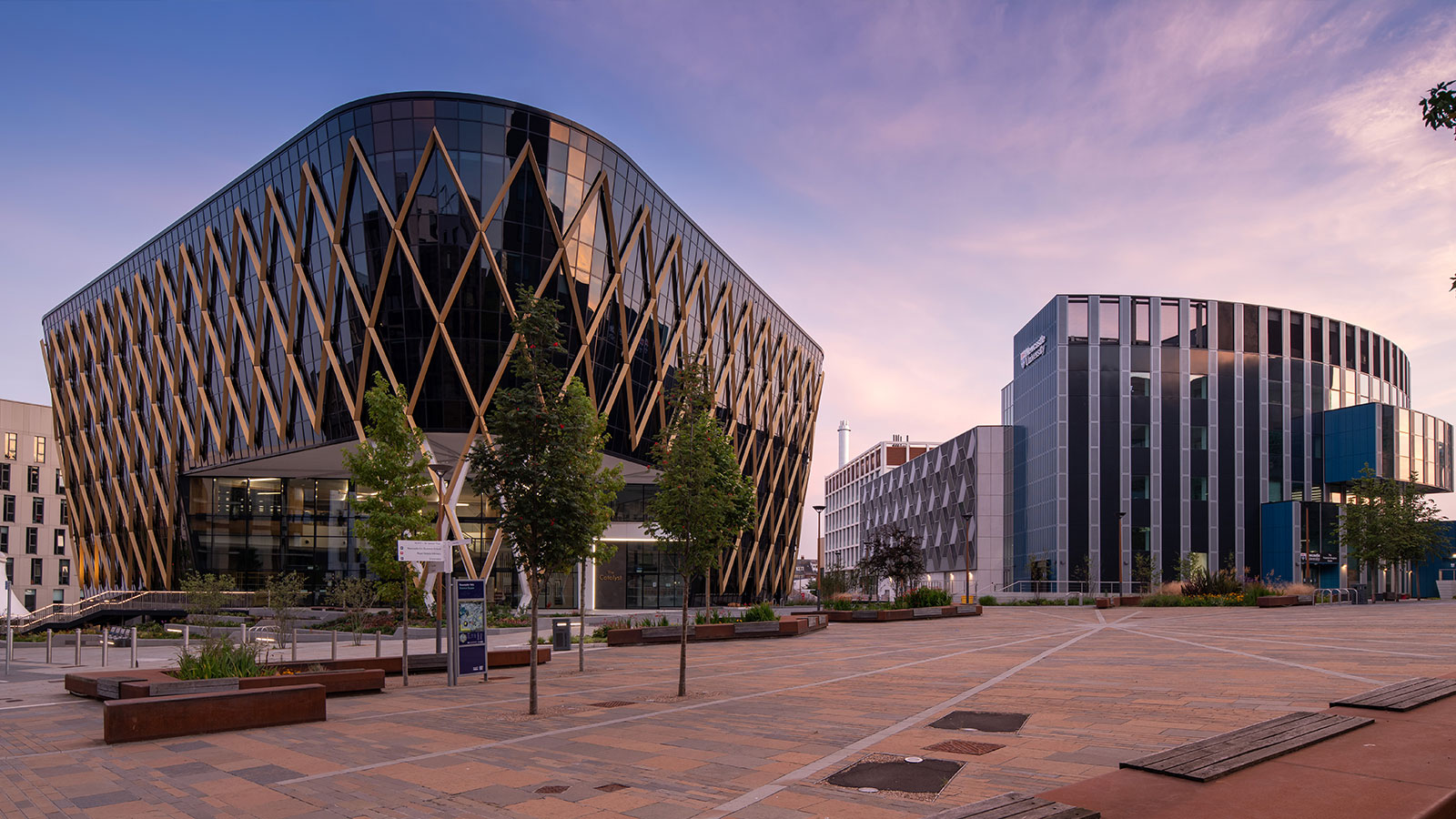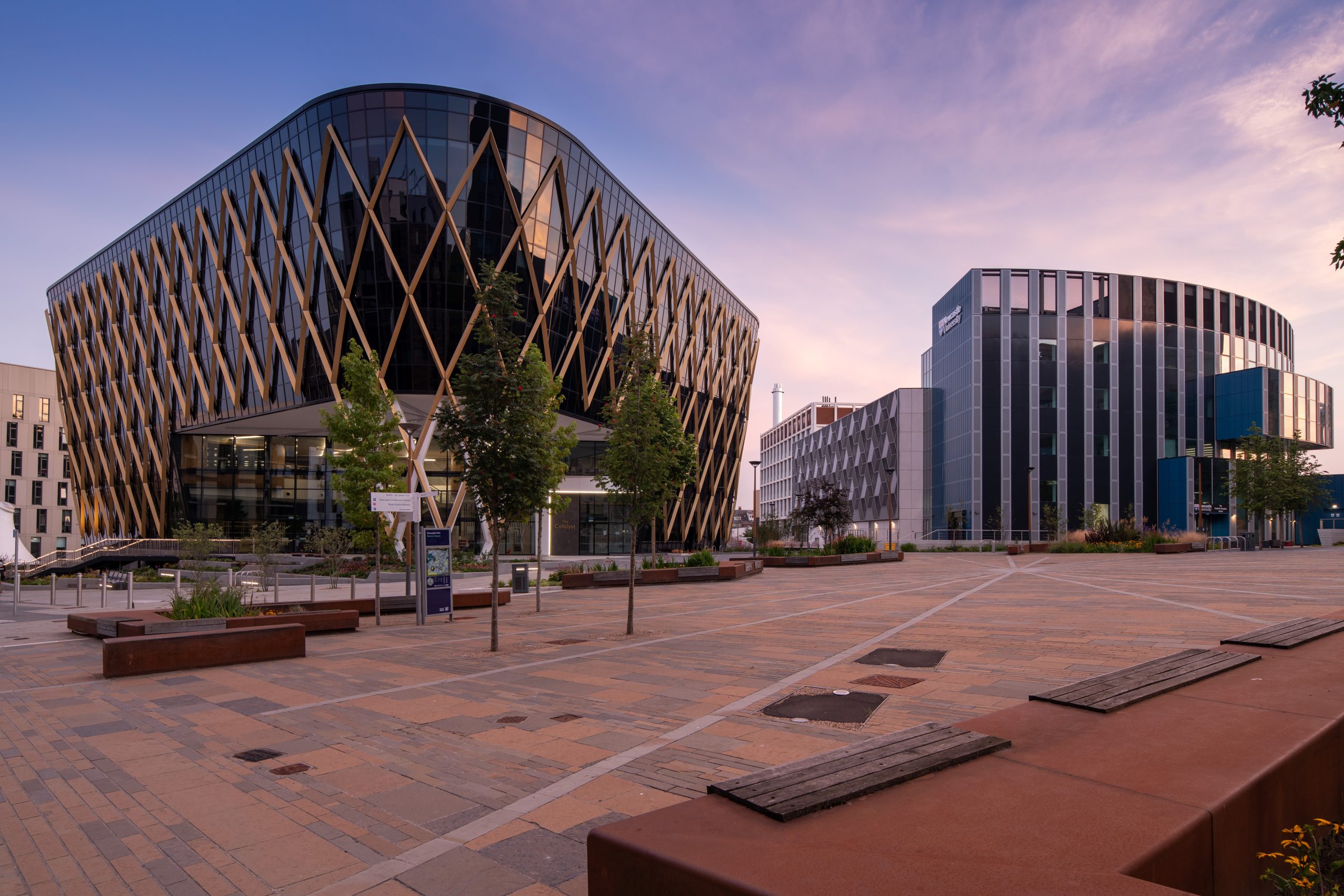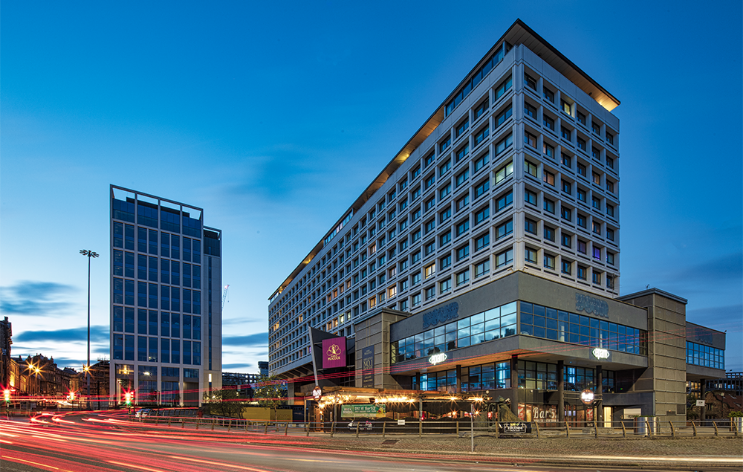
Newcastle has been added to a list of leading cities in the 2020 Smart City Index. Published by the IMD Smart City Observatory (SCO), this report ranks cities based on citizens’ perceptions and both economic and technological data.
Citizens from more than 100 cities from across the world were surveyed in April and May 2020 and asked questions about what impact technology has had on their lives, looking at health and safety, mobility, activities, opportunities, and governance.
This year many European cities fell in the rankings, however Newcastle was placed 23 in this globally recognised index. Other UK cities include Birmingham (40), Manchester (17) and London (15). Singapore, Helsinki, and Zurich topped the index, however as a new entry Newcastle (23) was ahead of Los Angeles (26), San Francisco (27), Vienna (25), Berlin (38), Hong Kong (32) and Dublin (34).
In addition to rankings, respondents were asked to select from a list of 15 indicators highlighting issues they felt were a greater the priority for the city. Affordable housing and tackling unemployment came out top for Newcastle. Findings from the Index also highlights that across all cities COVID-19 is ‘likely to widen inequalities between the haves and the havenots of connectivity, both among and within cities. This is an aspect that will deserve appropriate attention from analysts, and governments, both central and local government.’
Newcastle Helix is a test bed for new technologies and plays a significant role in Newcastle’s position as a ‘smart city’. It’s home to the National Innovation Centre for Data and the Urban Observatory, both which are national players in the world of data and research. The Urban Observatory hosts the largest set of publicly available real-time urban data in the UK being used to inform decision making and improve outcomes for people in the city.
There have already been examples of innovation through data and technology to tackle the impacts of COVID-19, continuing to support our economy and help people live well. One example is www.howbusyistoon.com – a new web-based application that uses real-time data to check how easy it is to maintain social distancing in the city centre. Newcastle University’s Urban Observatory collected evidence of the effects of measures introduced in response to COVID-19 and partnered with the National Innovation Centre for Data (NICD) to develop this new platform. Data from cameras is not only helping to keep people safe, it is also helping to build customer confidence and support city centre businesses in the recovery process.
Cllr Nick Forbes, Leader of Newcastle City Council said: “I couldn’t be prouder that Newcastle has joined more than 100 cities from across the world on this highly regarded global index. It is testament to how far this city has come in the last few years in becoming an internationally recognised Smart City.
“What makes this special is that it is based on feedback and perceptions from the people who live and work in our city, highlighting the difference data is making to their lives.
“Technology and our smart city credentials have not only helped to support new innovations throughout the global pandemic, they will play a vital role in the recovery of our economy.
“This report will shape our plans for future investment and will be invaluable in enhancing our international competitiveness. It is about better lives for all citizens, and this is everything our city stands for. This rich data will help us to create an even smarter, inclusive and heathier city.”
Jennifer Hartley, Director, Invest Newcastle added: “Our smart city assets so important to the future of our economy, attracting more businesses and people to our vibrant and innovative city.
“There has never been a more opportune time to build on these strengths and promote our city as a place to start, scale or grow a business. We have so many unique assets and by fostering collaboration and new business opportunities, together we can create a better future for our city and its people.”
To find out more about the Smart City Index visit https://www.imd.org/smart-city-observatory/smart-city-index/
Photo credit: Gillespies







